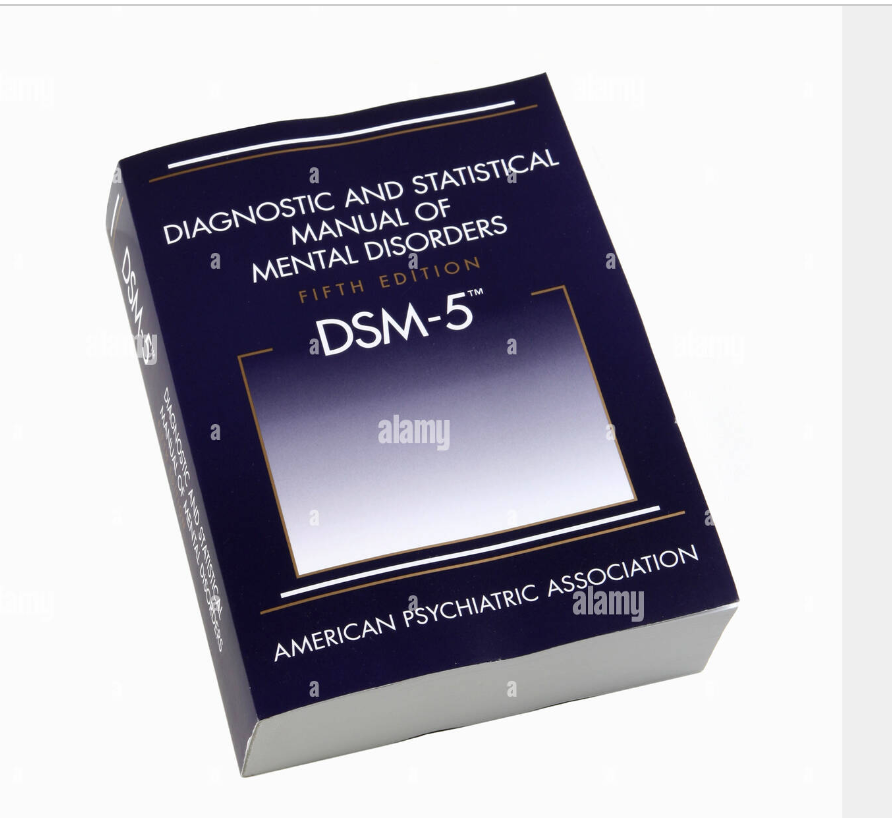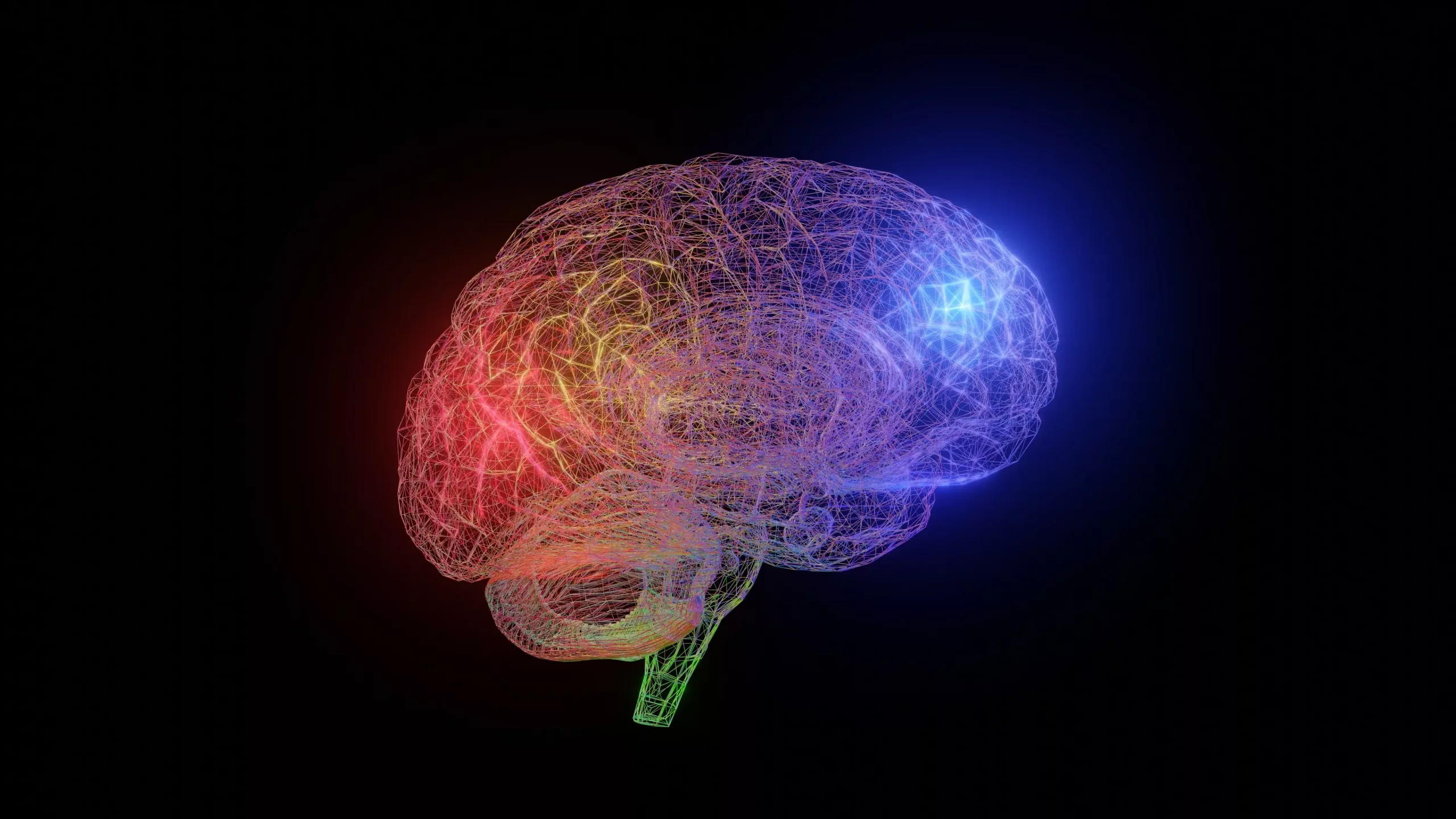CHICAGO — Taking a probiotic strain of Bifidobacterium longumreduced physiologic and psychological stress and led to a modest improvement in memory in a small pilot study of healthy men.
The study builds on preclinical studies that identified this B longumstrain as a “putative psychobiotic” with beneficial effects on stress-related behaviors, physiology, and cognitive performance in mice, said Gerard Clarke, PhD, from the Alimentary Pharmabiotic Centre, University College Cork, Ireland.
He presented the study findings October 18 during a press briefing at the Society for Neuroscience (SfN) 2015 Annual Meeting.
“The emerging concept of the gut microbiome as a key regulator of brain and behavior represents a paradigm shift in neuroscience. Precise targeting of the microbiome-gut-brain axis with psychobiotics — live microorganisms with a potential mental health benefit — is a novel approach for the management of stress-related conditions,” the study team notes in a meeting abstract.
In the study, 22 healthy male volunteers (mean age, 25.5 years) ingested a capsule containing B longum NCIMB 41676 daily for 4 weeks and a matching placebo capsule for another 4 weeks.
At the start of the study and after 4 weeks of probiotic or placebo, the researchers assessed acute stress (subjective and cortisol output) using the cold pressor test and daily stress using a validated online questionnaire (Cohen Perceived Stress Scale). They assessed cognitive performance using the Cambridge Neuropsychological Test Automated Battery and neurological activity via resting electroencephalography (EEG).
Subtle Benefits
In response to acute stress, B longum NCIMB 41676 led to a reduction in cumulative output of the stress hormone cortisol, as well as a blunted increase in subjective anxiety. On the questionnaire, the men reported being less stressed and anxious while taking the probiotic. They also showed subtle improvement on a visual memory task after receiving the probiotic, as well as altered EEG output.
“These clear but subtle benefits are in line with the predicted impact from preclinical screening platforms and highlight the promise of precision-microbiome manipulation strategies,” the researchers conclude. “Further studies are warranted to evaluate the benefits of this putative psychobiotic in relevant stress-related conditions and to unravel the mechanisms underlying such effects.”
“This study represents a proof of principle,” Dr Clarke said. “The question we are asking now is, can we advance this further and can we use these psychobiotics to deal with the stressors that we encounter on the roller coaster of life, or develop further psychobiotics for patients with stress-related disorders such as depression or anxiety.”
“Today’s findings continue to highlight the importance of the interaction between the gut and the brain,” briefing moderator Robert Yolken, MD, from Johns Hopkins University, Baltimore, Maryland, said in a conference statement. “A better understanding of this link will inform new strategies for preventing and treating many psychological disorders.”
The microbiome is a “very good target” because it can be manipulated, Dr Yolken explained during the briefing.
“It’s very difficult in some ways to change the human genome that we get from our mothers and fathers, but we do have ways of changing the microbiome. We have antibiotics, we have probiotics, and changes in diet will do this as well. This is really a very exciting area because it might allow us to finally do something about these terrible diseases,” Dr Yolken said.
The study was supported by the Science Foundation Ireland, the Health Research Board of Ireland, and the European Community’s Seventh Framework Programme. The authors have disclosed no relevant financial relationships.





Leave A Comment